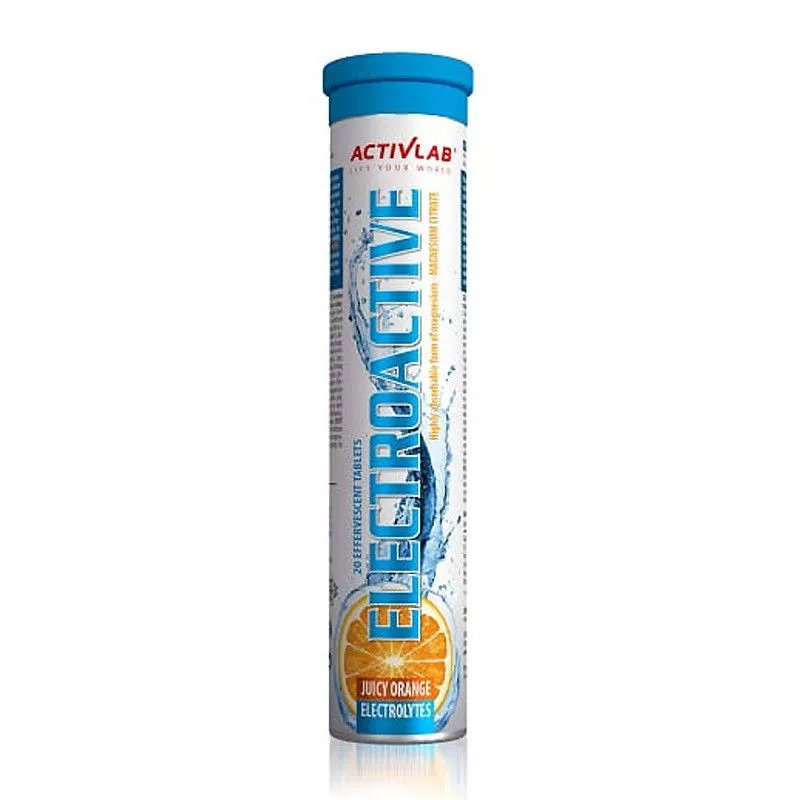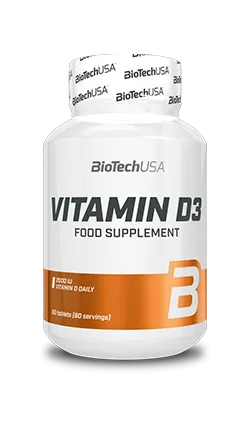Aprašymas
Vitamin D is a vital substance which performs the role of a pro-hormone. The synthesis of vitamin D usually happens when the skin is exposed to the Sun. Especially in winter months the sun is usually not sufficient to ensure optimal synthesis of vitamin D. This should be avoided, because vitamin D is important for hormone and immune systems, the muscular and nervous systems, and numerous other body functions.
What can I expect from Vitamin D?
As research shows, Vitamin D deficiency is widespread. The modern lifestyle and the fact that people today largely stay inside in buildings and breathe hardly any fresh air, contributes to a vitamin D deficiency, especially in the winter months.
Supplemented Vitamin D can help combat the vitamin D deficiency associated with increased risk of many diseases, poor bone formation and lack of efficiency.
If you are not sufficiently exposed to sunlight, Vitamin D can help you increase your hormone levels, help the formation of healthy bones and muscle, nerve and the immune system and avoid a major risk factor for the development of a variety of diseases.
Functionality and operation of Vitamin D?
Vitamin D (cholecalciferol) in true sense is not a vitamin, but rather a pro-hormone that can be synthetized. Vitamin D is endogenous to the converted hormone calcitriol.
Vitamin D or calcitriol plays an important role in calcium balance and bone mineralization. Also important is the role of vitamin D in the immune system as well as nerve, muscle and endocrine systems. Accordingly, vitamin D plays a crucial role for muscle growth and regeneration.
Furthermore, lack of vitamin D can lead to an increased risk factor for numerous diseases – autoimmune diseases, infectious diseases, muscle weakness, muscle pain, high blood pressure, brain disorders, cardiovascular diseases, a variety of cancers and more. Overall, vitamin D deficiency leads to an increased mortality of the population.
In addition to the endogenous synthesis from sun exposure, vitamin D may also be contained in foods such as oily fish. In many countries, Vitamin D is also added to foods such as milk, to ensure the vitamin D meets the needs of the population and minimize the deficiencies.
Peak’s Vitamin D is high-dose of vitamin D (2000 IU per tablet), which is released over time to the organism, and thus plays an important role in adequately supplying vitamin D.
Vitamins | / (1 tab.)** | RDN* |
Vitamin D | 25 µg (1000 I.U.) | 500 % |
Ingredients: Filler: microcrystalline cellulose, and dextrose, cholecalciferol (4%), lubricant: hydrogenated cottonseed oil and magnesium salts of fatty acids, binders: povidone.
Directions: Consume half a tablet a day with plenty of fluid, preferably with a meal.
Papildoma informacija
| Gamintojas |
Peak |
|---|
Vartojimas
Sudėtis
Vitamin D is a vital substance which performs the role of a pro-hormone. The synthesis of vitamin D usually happens when the skin is exposed to the Sun. Especially in winter months the sun is usually not sufficient to ensure optimal synthesis of vitamin D
Panašūs produktai
Universal Nutritions

Pasirinkti savybes
This product has multiple variants. The options may be chosen on the product page







